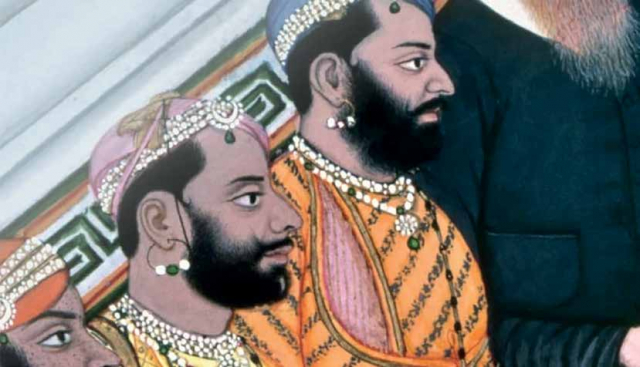Teacher Fellowship programme: Teaching the economic history of colonialism in Africa and Asia
Teacher Fellowship programme 2024


This Teacher Fellowship programme, in partnership with the Department of Economic History at LSE, explored the economic history of colonialism and empire in South and South-East Asia, Africa and the Middle East in the nineteenth and twentieth centuries. The programme was supported by the LSE Knowledge Exchange and Impact fund.
This rigorous programme has sought to develop participants’ awareness of the economic history of the British Empire, placing an increased emphasis on perspectives from those colonised as well as from the colonial centre. It looks to reframe teaching of the British Empire to go beyond traditional political narratives and consider the influence of economy and society, examining themes of globalisation, migration, global finance and environmental change.
The programme was led by experienced teacher educators Abdul Mohamud and Robin Whitburn from Justice to History. Participants worked closely with the course leaders and LSE academics Professors Tirthankar Roy, Leigh Gardner and Mohamed Saleh, to draw on their professional expertise and develop resources for classroom use.
Teaching resources produced by the Teacher Fellows are now available below, with further materials coming throughout 2025-26.
Outcome resources
- What can the history of the poppy reveal about the British Empire?
- What were the ‘economic bonds of Empire’ between Britain and its colonies in the period 1857–1914?
- How important was lascar labour for British merchant ships during the interwar years?
- What was the economic impact of colonialism on the lives and livelihoods of Indians?

